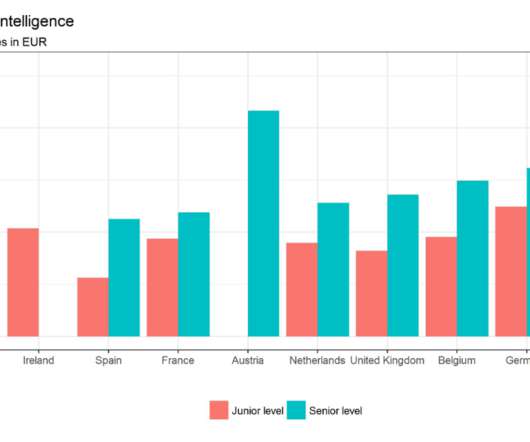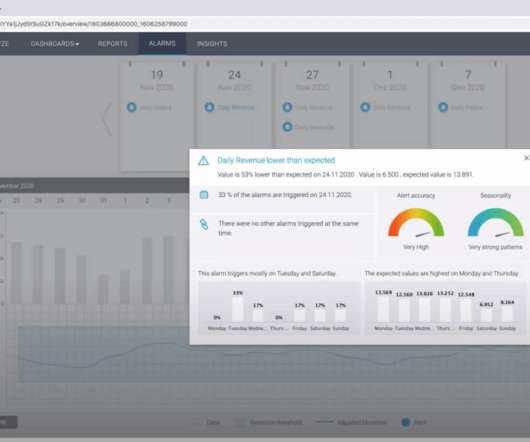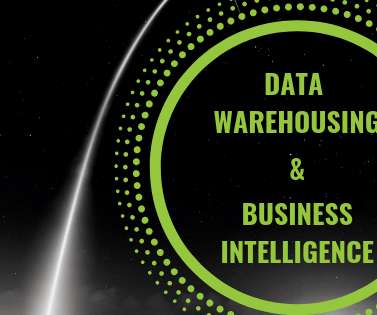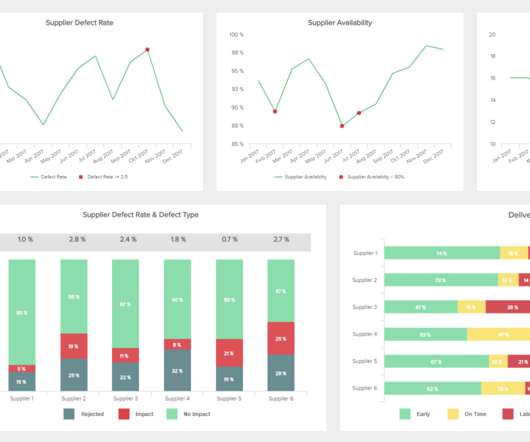A Guide To Starting A Career In Business Intelligence & The BI Skills You Need
Datapine Blog
MARCH 31, 2022
This all-encompassing branch of online data analysis is a particularly interesting field because its roots are firmly planted in two separate areas: business strategy and computer science. Data Analysis : Most BI skills and intelligence analyst-related skills are about using data to make better decisions.













Let's personalize your content